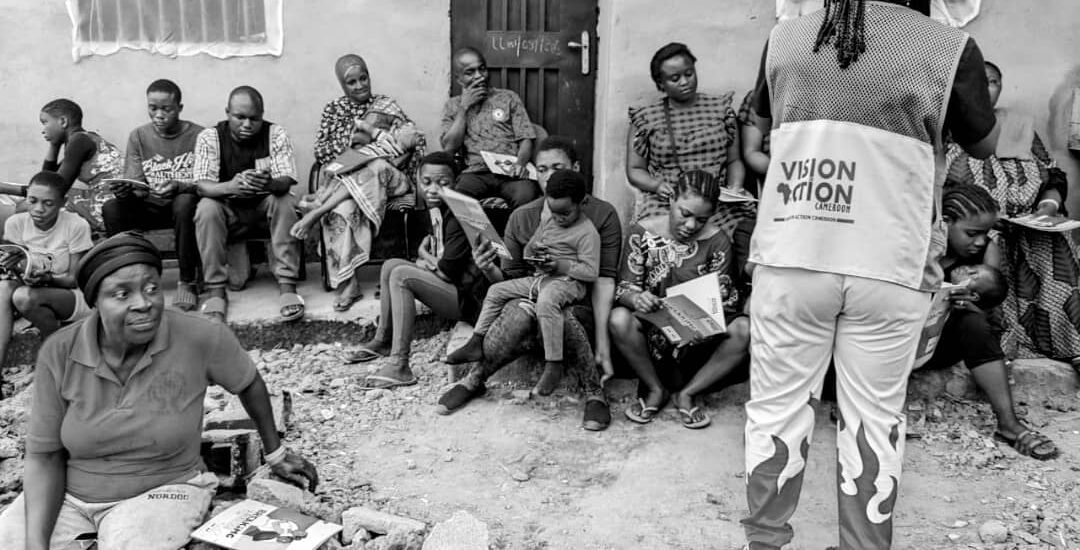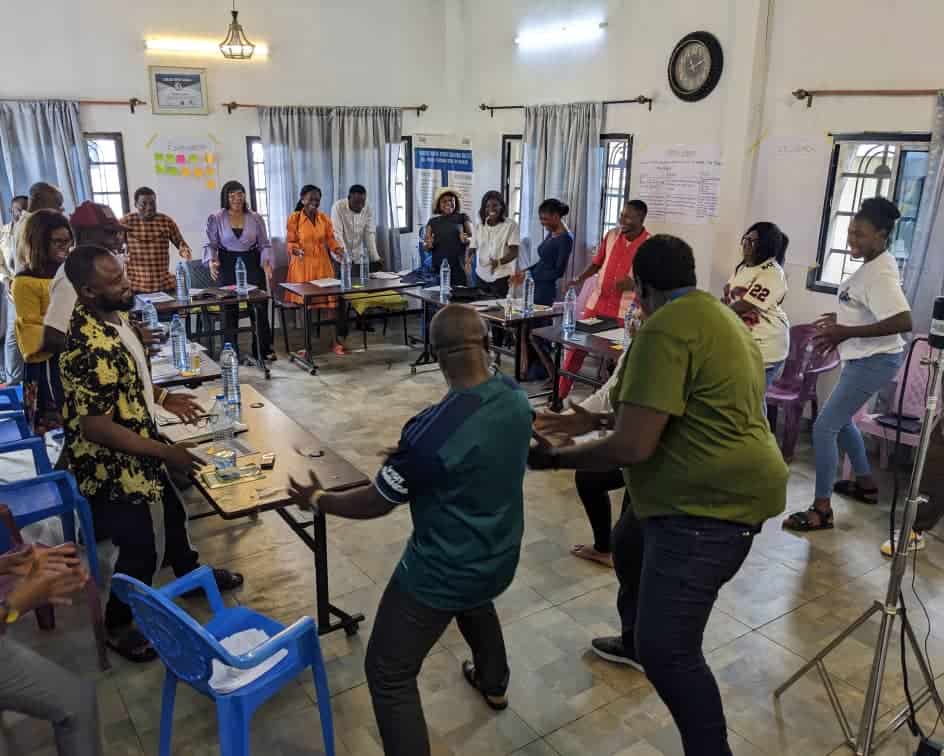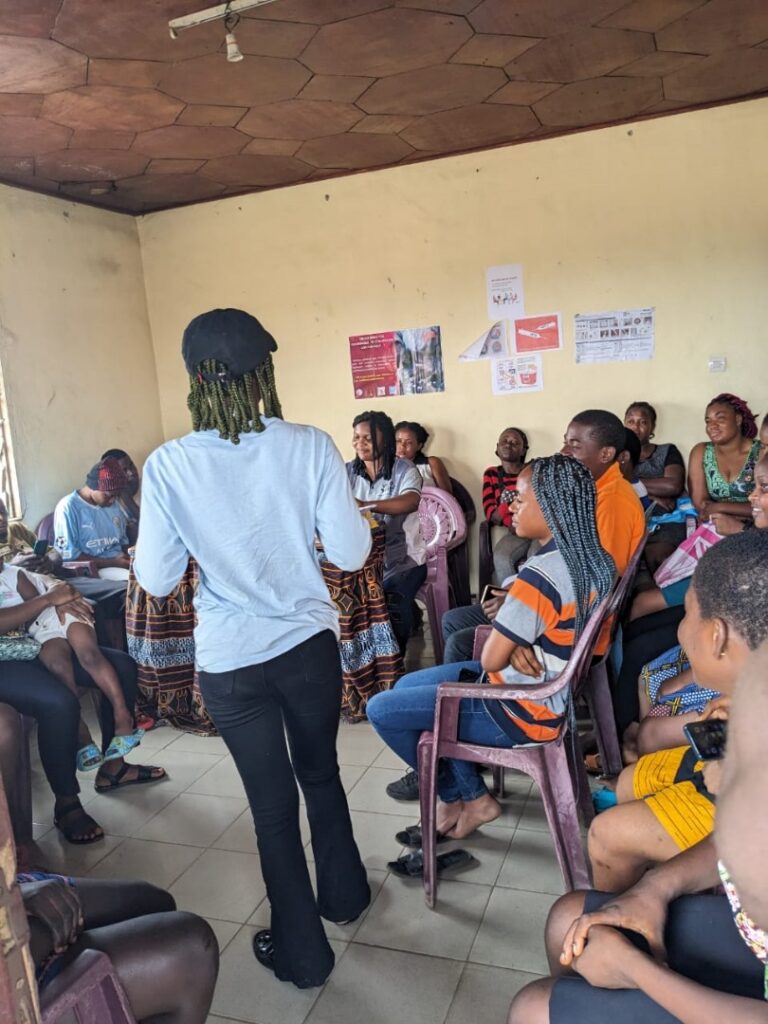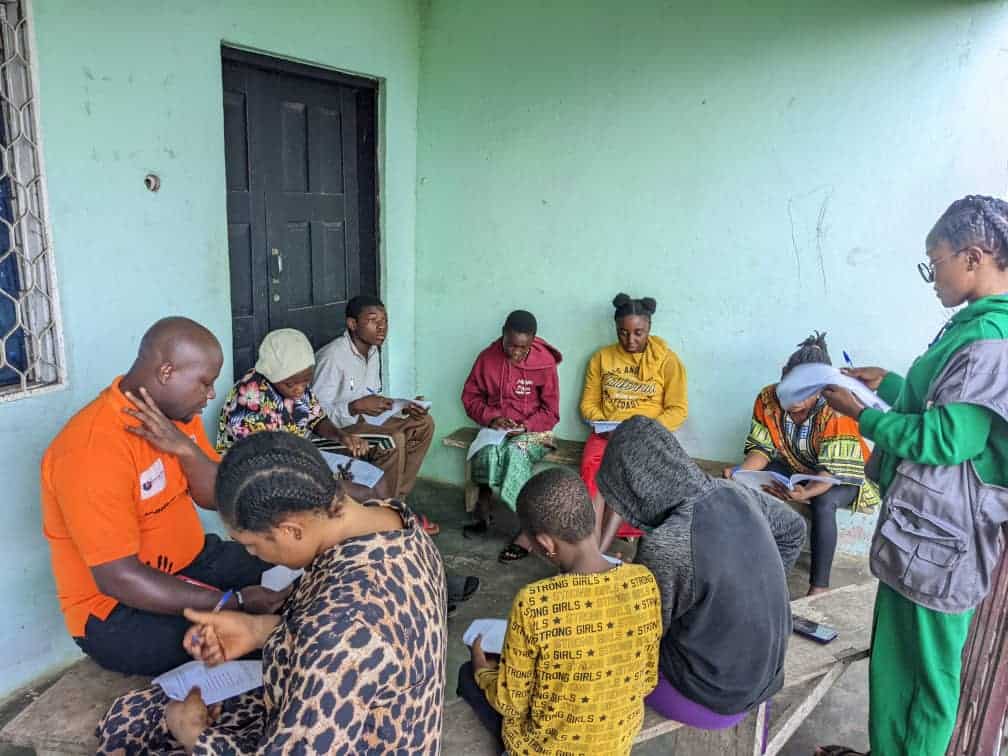- June 25, 2024
- Posted by: Viacame Communication
- Categories: Advocacy, community development, Education, Gender

Sexual and reproductive health rights (SRHR) are typically framed around individual autonomy, gender equality, and human rights. However, an important dimension involves balancing these individual rights with community values, cultural contexts, and societal impacts. This nuanced perspective emphasizes the need to harmonize personal freedoms with the collective ethos of diverse communities.
The Importance of Community Values
Communities worldwide are bound by cultural, religious, and social norms that shape their collective identity. These values often influence perspectives on sexual and reproductive health. For instance, in many societies, family structure, moral conduct, and generational continuity are integral to communal well-being. Respecting these values is essential for fostering social cohesion and ensuring that health initiatives are culturally sensitive and acceptable.
Implementing culturally sensitive SRHR policies is essential for effective outcomes. Programs integrating traditional values with modern health practices, such as involving elders and religious leaders in education, show higher success rates, especially in African and Asian communities. Additionally, embracing social cohesion and collective responsibility can strengthen support systems, particularly for women, through community-based health initiatives involving local leaders and families. These strategies ensure better acceptance, improve maternal health, and reduce stigmas around reproductive health issues.
The Role of Religious Beliefs
Religious beliefs profoundly impact attitudes towards sexual and reproductive health. While these beliefs sometimes conflict with individual rights, they also provide a framework for ethical and moral guidance that many individuals and communities adhere to.
- Ethical Considerations: African religious beliefs often prioritize the sanctity of life, the importance of family, and moral behaviour, influencing perspectives on contraception, abortion, and sexual conduct. Collaborating with religious institutions and leaders in discussions about sexual and reproductive health and rights (SRHR) can result in more respectful and harmonious approaches that address both health needs and ethical considerations.
- Moral Support and Guidance: In Africa, religion serves as a vital source of comfort and moral guidance for many individuals. Religious communities frequently offer counselling, education, and support services concerning sexual and reproductive health. Initiatives that respect religious values while promoting health can garner greater support and adherence from communities.

The Impact on Social and Economic Structures
Sexual and reproductive health is not just a personal issue but one that affects social and economic structures. Policies and practices in SRHR can have far-reaching implications on workforce participation, economic productivity, and societal stability.
In Africa, providing women with access to comprehensive sexual and reproductive health services is key to fostering economic empowerment and advancing gender equality. These services must be tailored to accommodate the diverse socio-economic backgrounds across the continent to ensure that everyone benefits. Family planning policies in Africa significantly influence population dynamics and need to strike a balance between individual rights and sustainable development goals. Educating individuals about sexual and reproductive health in Africa is closely linked to improved education and employment prospects, resulting in healthier families and communities. By integrating sexual and reproductive health education with broader educational and vocational training programs, Africa can achieve more positive outcomes in terms of health and socio-economic development.
Striking the Balance.
alancing individual autonomy with community values in sexual and reproductive health rights requires a multifaceted approach: In Africa, successful sexual and reproductive health and rights (SRHR) initiatives rely on four main pillars.
- Firstly, policies should be crafted through inclusive discussions involving community leaders, religious figures, healthcare professionals, and affected communities to ensure they are culturally sensitive and widely embraced.
- Secondly, comprehensive education programs, respecting cultural and religious beliefs while offering accurate SRHR information, empower individuals and gain support from community leaders.
- Thirdly, ensuring that healthcare services, including SRHR services integrated with general healthcare, are accessible, affordable, and culturally appropriate helps diminish stigma and boosts utilization.
- Lastly, ongoing community engagement, facilitated through feedback mechanisms, consultations, and adaptable approaches, is crucial for understanding changing values and needs, guaranteeing that SRHR initiatives remain pertinent and impactful


Conclusion
Reframing sexual and reproductive health rights to include a balance between individual autonomy and community values offers a more holistic approach to health and well-being. It acknowledges the importance of cultural sensitivity, respects religious beliefs, and considers the broader social and economic impacts of SRHR policies. By fostering inclusive dialogue and integrating community values, we can develop more effective, respectful, and sustainable health initiatives that benefit individuals and communities alike.

I ain’t know why I’ma be doing this but herk
Your work is amazing…I love what I see